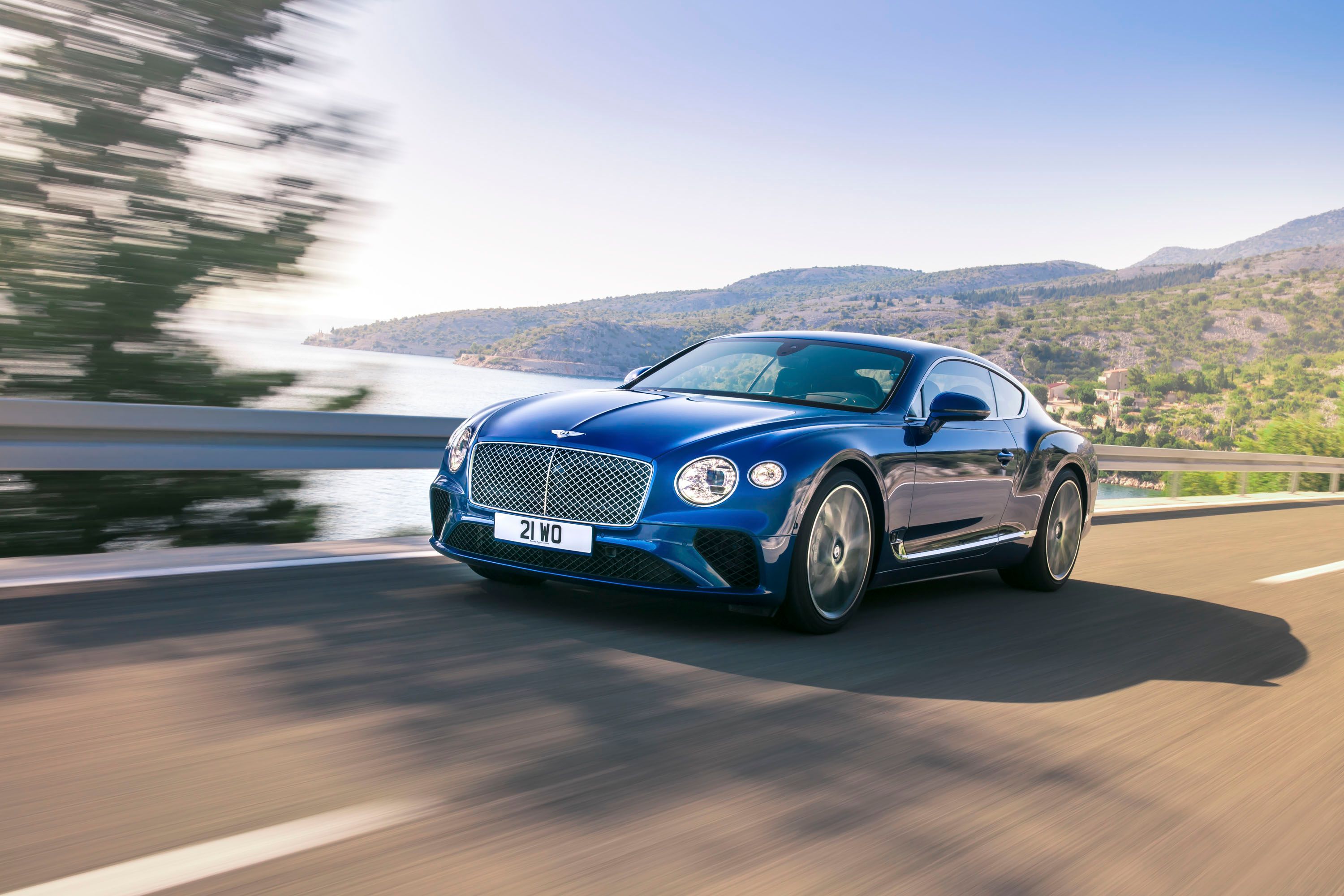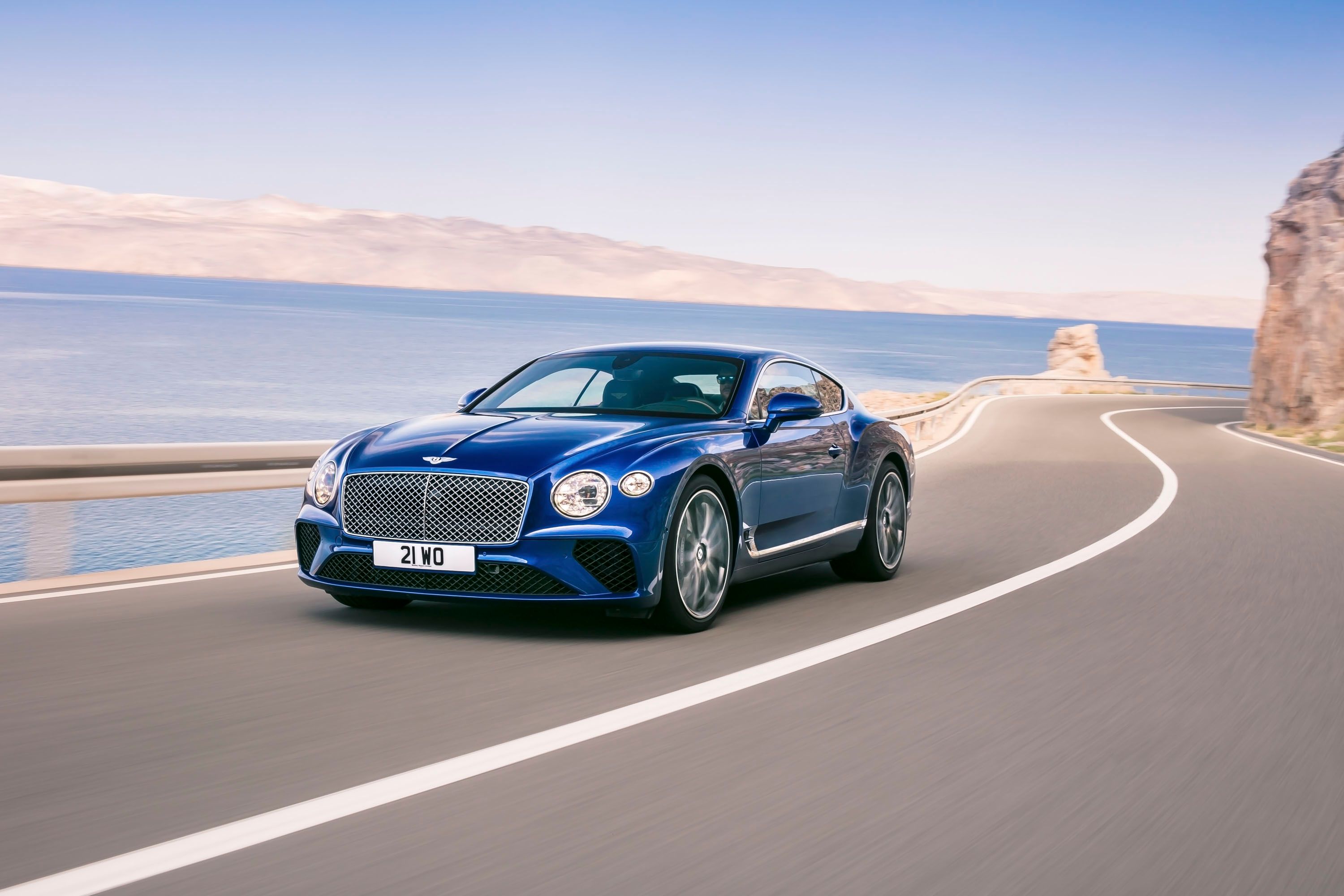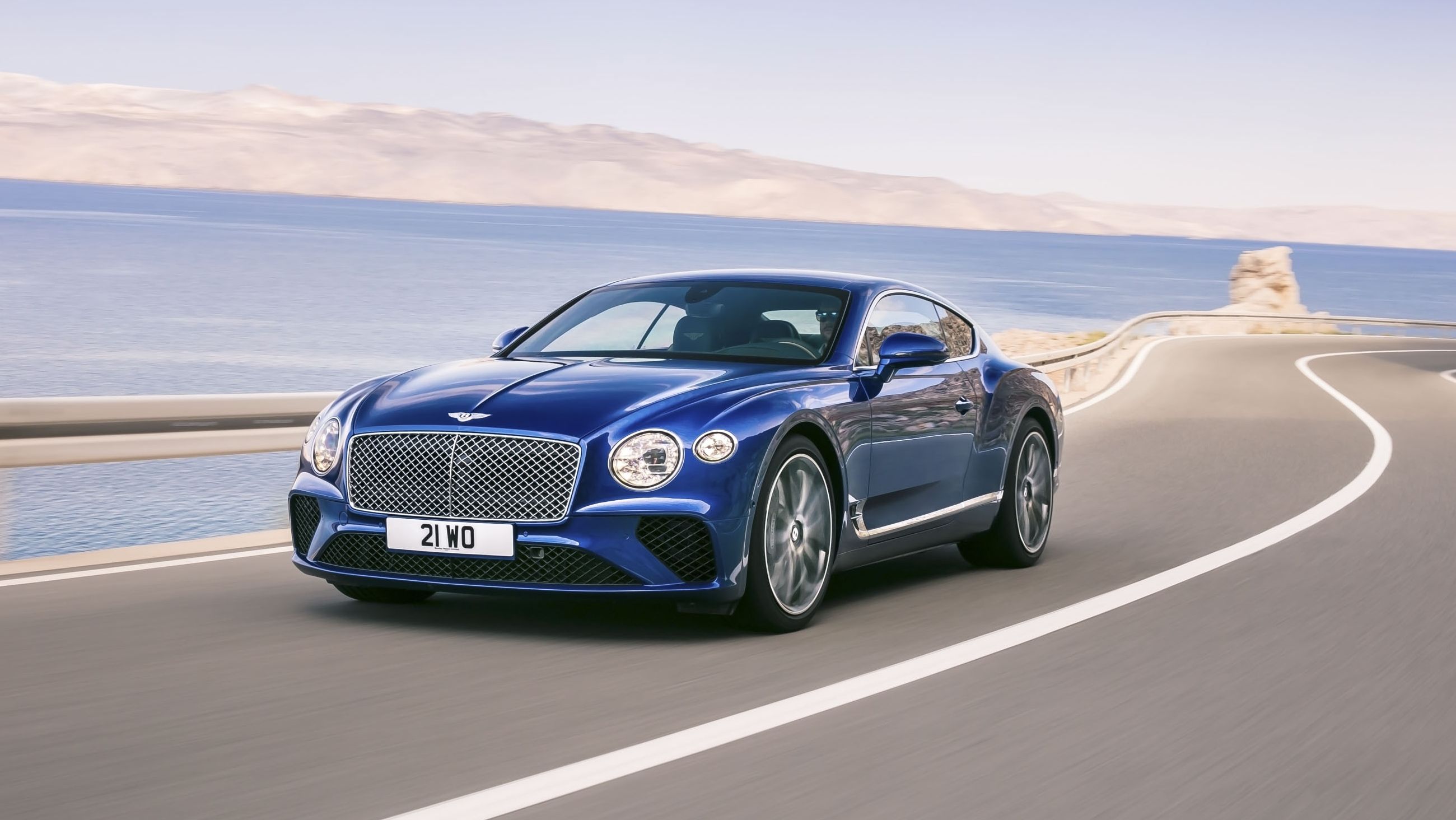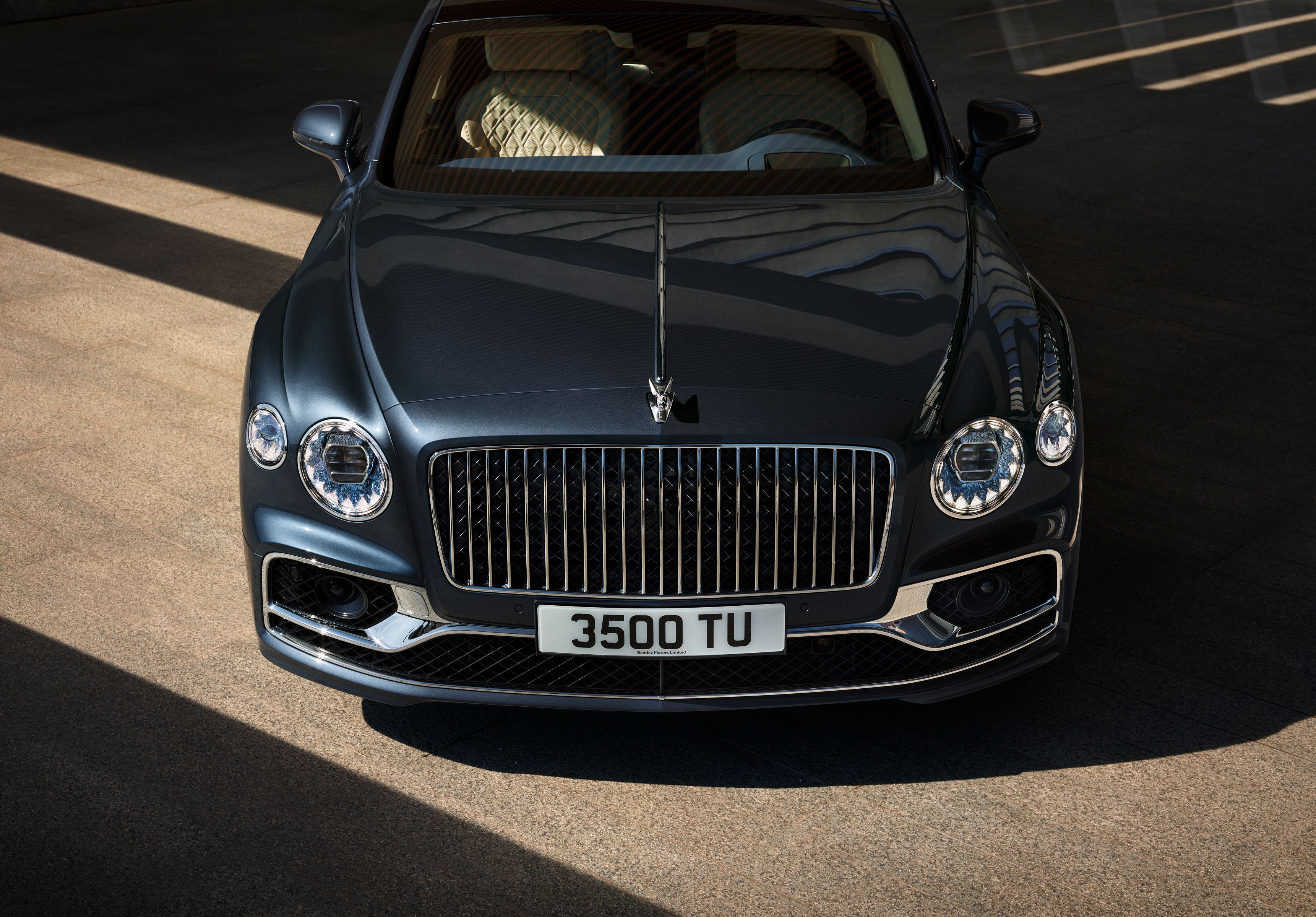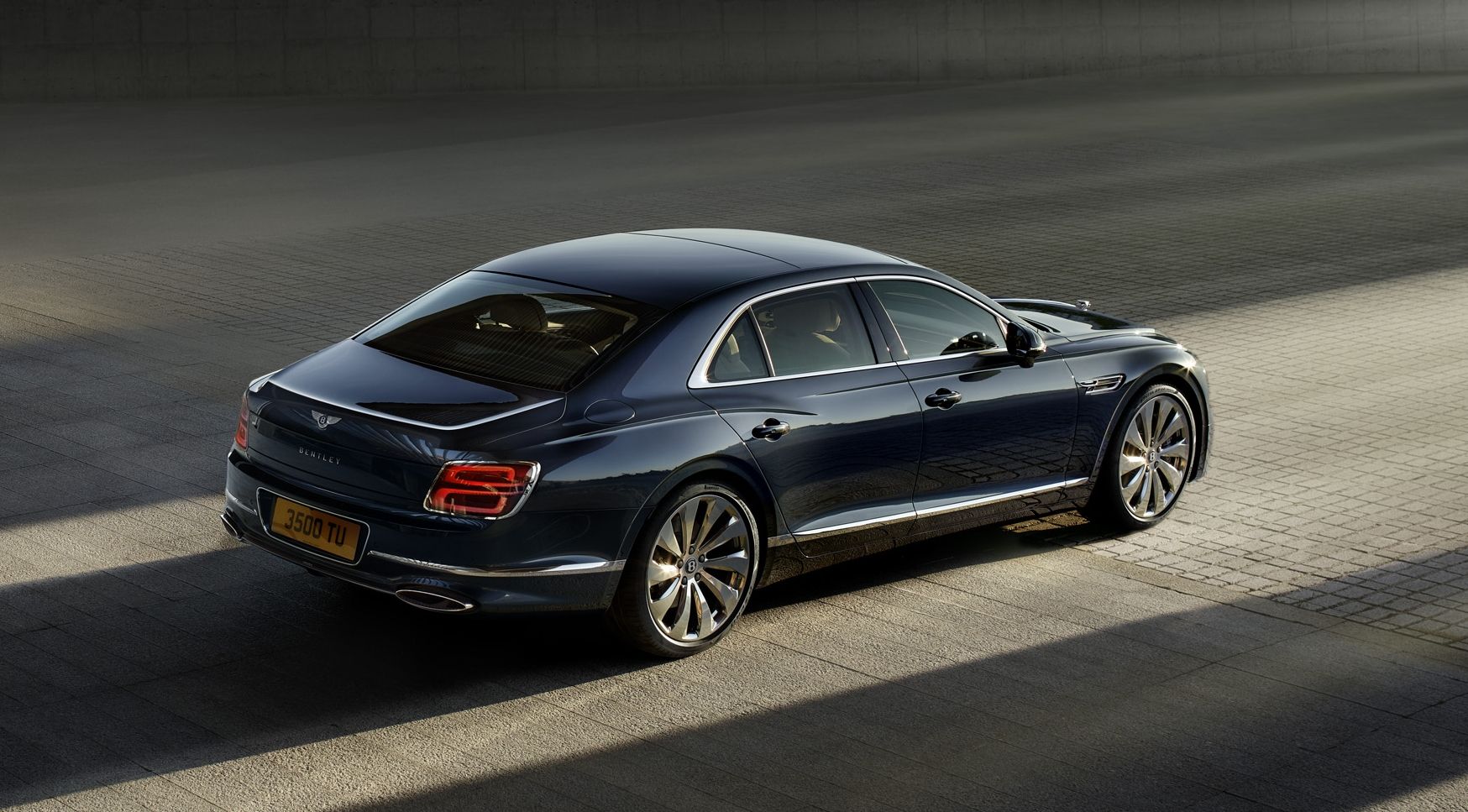The Volkswagen Group is currently busy deciding what to do with some of its brands. Bugatti is rumored to be sold off to Rimac, while the fate of Now, it seems that the Bentley brand will also be repositioned within the group. Currently placed directly under the Volkswagen Group umbrella, Bentley is rumored to be taken over by Audi, which also oversees the Lamborghini, Ducati, and Italdesign Giugiaro brands.
Bentley could soon sell rebodied Audis and Porsches
The iconic British brand could be overhauled, starting in 2021. According to Automobilwoche, quoting sources close to the matter, the Bentley brand will be moved under Audi starting next year. The German brand, which is now also leading the group's R&D department, will reportedly oversee Bentley's financial and technological activities starting 2021.
Bentley had a successful sales year in 2019, posting a $76-million profit, but things don't look well in 2020 due to the coronavirus pandemic's impact. Like Bugatti, Lamborghini, and Ducati, Bentley is being re-evaluated, and the bosses over at the Volkswagen Group are analyzing whether the luxury brand has a future within the German giant. With the Group now focusing on electrified vehicles and modular platforms that can be shared between brands, Bentley is no longer feasible as a marque that requires exclusivity in many departments. So while it will remain within the Volkswagen Group, its future will be tied to Audi and Porsche.
Specifically, the next-generation Continental GT and Flying Spur will ride on the Premium Platform Electric (PPE) architecture co-developed by Audi and Porsche. This platform will be used for the upcoming Audi e-tron GT, an all-electric four-door. As a result, the next Continental GT and Flying Spur could also go the EV way.
But this won't be something entirely new. The current Continental GT and Flying Spur are already sharing underpinnings with other Volkswagen Group products. Both are underpinned by the group's MSB platform, which is also used in the current-generation Porsche Panamera. What's more, the Bentayga SUV shares platform and drivetrain components with no fewer than five haulers from the Volkswagen Group, including the Porsche Cayenne, Volkswagen Touareg, and Audi Q7.
However, future Bentley will probably share underpinnings with more Audi and Porsche vehicles.
Bentley has been under Volkswagen ownership since 1998
The British company has been under the VW Group umbrella for 22 years as of 2020, so it's safe to say that the German giant won't be selling it anytime soon. Volkswagen purchased the brand in 1998 from Vickers Plc when Bentley was working under Rolls-Royce. Volkswagen bought both companies in the same package, but not the rights to the use of the Rolls-Royce name or logo. These were eventually purchased by BMW, who was already providing engines for both Rolls-Royce and Bentley. Starting in 2003, the British brands were separated, with Bentley managed by the Volkswagen Group and Rolls-Royce by BMW.
Prior to being a VW brand, Bentley was owned (together with Rolls-Royce) by Vickers Plc from 1970 to 1998. Vickers purchased the company when Bentley made only five percent of total Rolls-Royce Motors sales and restored its sporting image. By 1991, sales of Rolls-Royce and Bentley models had reached a ratio of 50:50.
Before the Vickers era, Bentley spent almost 40 years under Rolls-Royce ownership. It was purchased by its British rival in 1931 after it went into liquidation following the Wall Street Crash of 1929 and the resulting Great Depression. Under Rolls-Royce, Bentley moved to Crewe and introduced some of its most iconic models, like S-series, the T-series, and Mark VI, R-Type, and Corniche.
Bentley was founded in 1919 by W. O. Bentley and became famous for winning the 24 Hours of Le Mans in 1924, 1927, 1928, 1929, and 1930.

